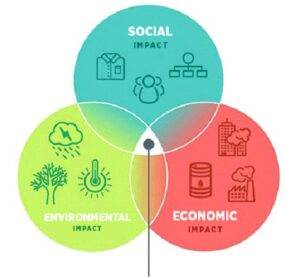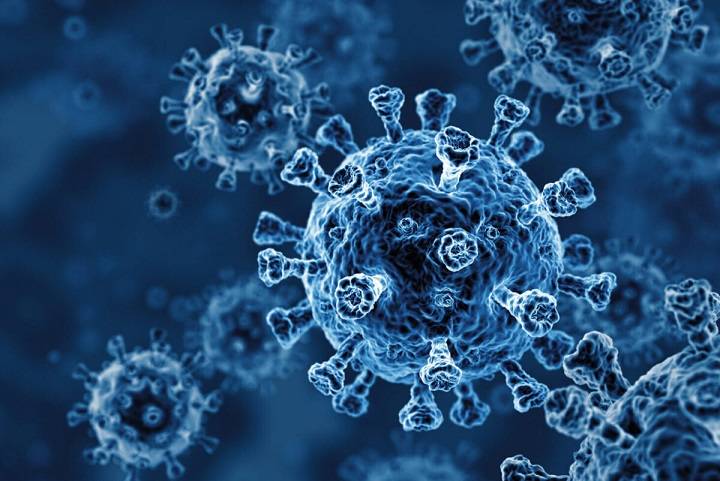The outbreak of the COVID-19 pandemic has triggered a global public health emergency, significantly altering daily life across the world. This unforeseen situation has necessitated significant changes in societal behavior, healthcare systems, and government policies. Understanding the multifaceted impact of the virus is crucial to effectively address and combat the challenges it presents.
The Emergence of COVID-19
- Origins: COVID-19, caused by the novel coronavirus SARS-CoV-2, emerged in late 2019 in Wuhan, China. It rapidly spread worldwide due to its highly contagious nature.
- Transmission: Primarily transmitted through respiratory droplets, this virus quickly disseminates among individuals in close proximity, leading to a widespread global outbreak.
Health Implications
- Symptoms: COVID-19 symptoms vary from mild to severe, including fever, cough, shortness of breath, and fatigue. Some individuals may remain asymptomatic carriers, unknowingly spreading the virus.
- Vulnerable Populations: Elderly individuals and those with underlying health conditions are at a higher risk of severe illness or complications due to COVID-19.
- Impact on Healthcare: Hospitals and healthcare systems worldwide faced immense challenges due to the surge in cases, causing a strain on medical resources and healthcare workers.
Societal and Economic Impact

- Lockdowns and Restrictions: To curb the virus’s spread, governments worldwide implemented lockdowns, travel restrictions, and social distancing measures, profoundly impacting economies and livelihoods.
- Remote Work and Education: The pandemic expedited the adoption of remote work and online learning, transforming how people work and students learn.
- Global Economic Recession: The pandemic led to an economic downturn, affecting industries, businesses, and employment opportunities across various sectors.
Vaccination Efforts and Public Response
- Vaccination Campaigns: The development and distribution of vaccines became a critical strategy in managing the pandemic. Efforts were made to make vaccines widely available to curb the spread of the virus.
- Vaccine Hesitancy: Despite the availability of vaccines, some individuals expressed concerns or hesitancy about their safety and efficacy, impacting the success of vaccination campaigns.
Adapting and Moving Forward
- Health Protocols: Adhering to hygiene practices, wearing masks, and maintaining social distancing continue to be crucial in preventing the spread of the virus.
- Resilience and Adaptability: Communities and individuals worldwide displayed resilience and adaptability in coping with the challenges posed by the pandemic.
COVID-19 has created an unparalleled global health crisis, significantly impacting public health, economies, and societies. While vaccination efforts have shown promise, continued vigilance, adherence to health protocols, and global cooperation remain essential in navigating through this public health emergency.

